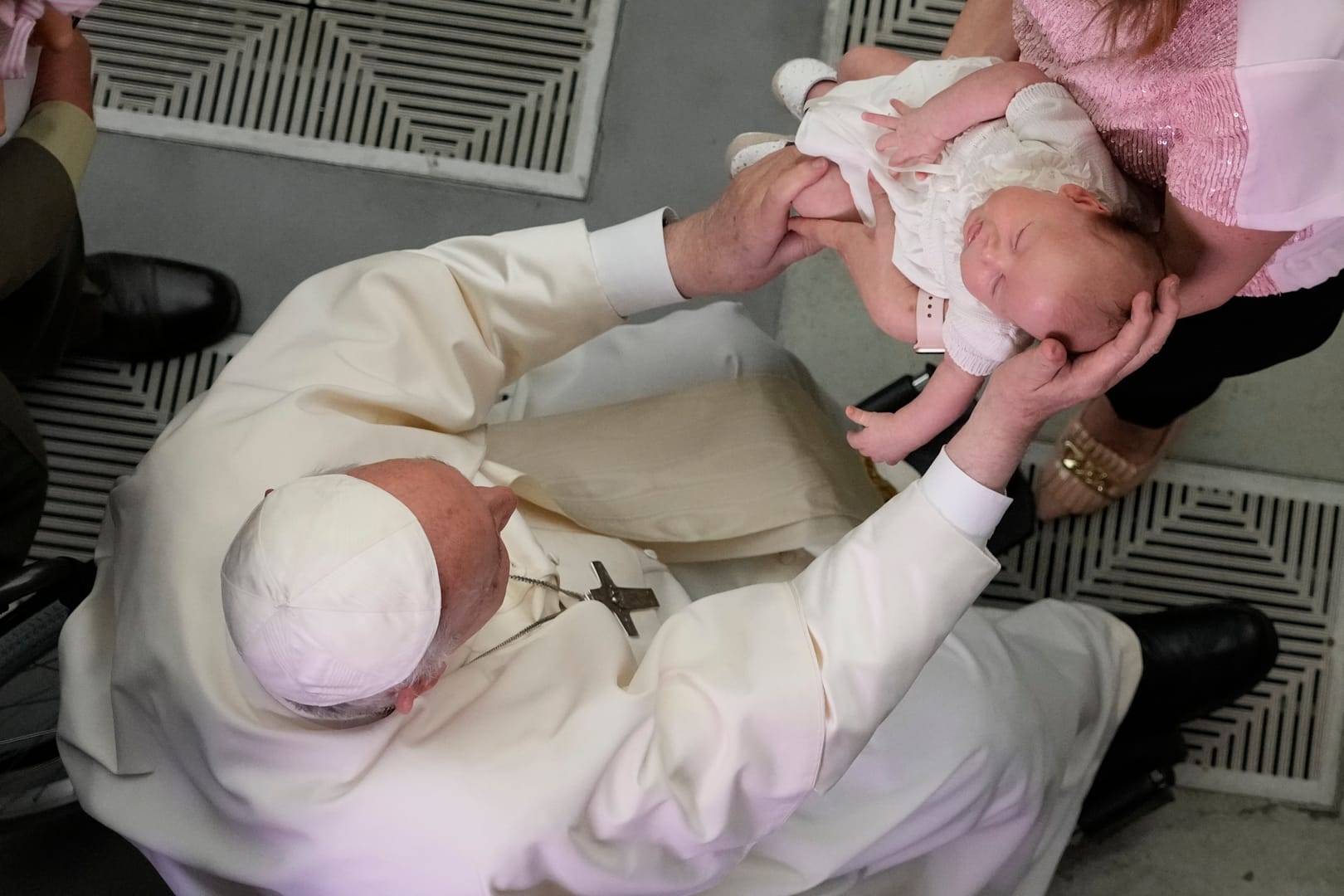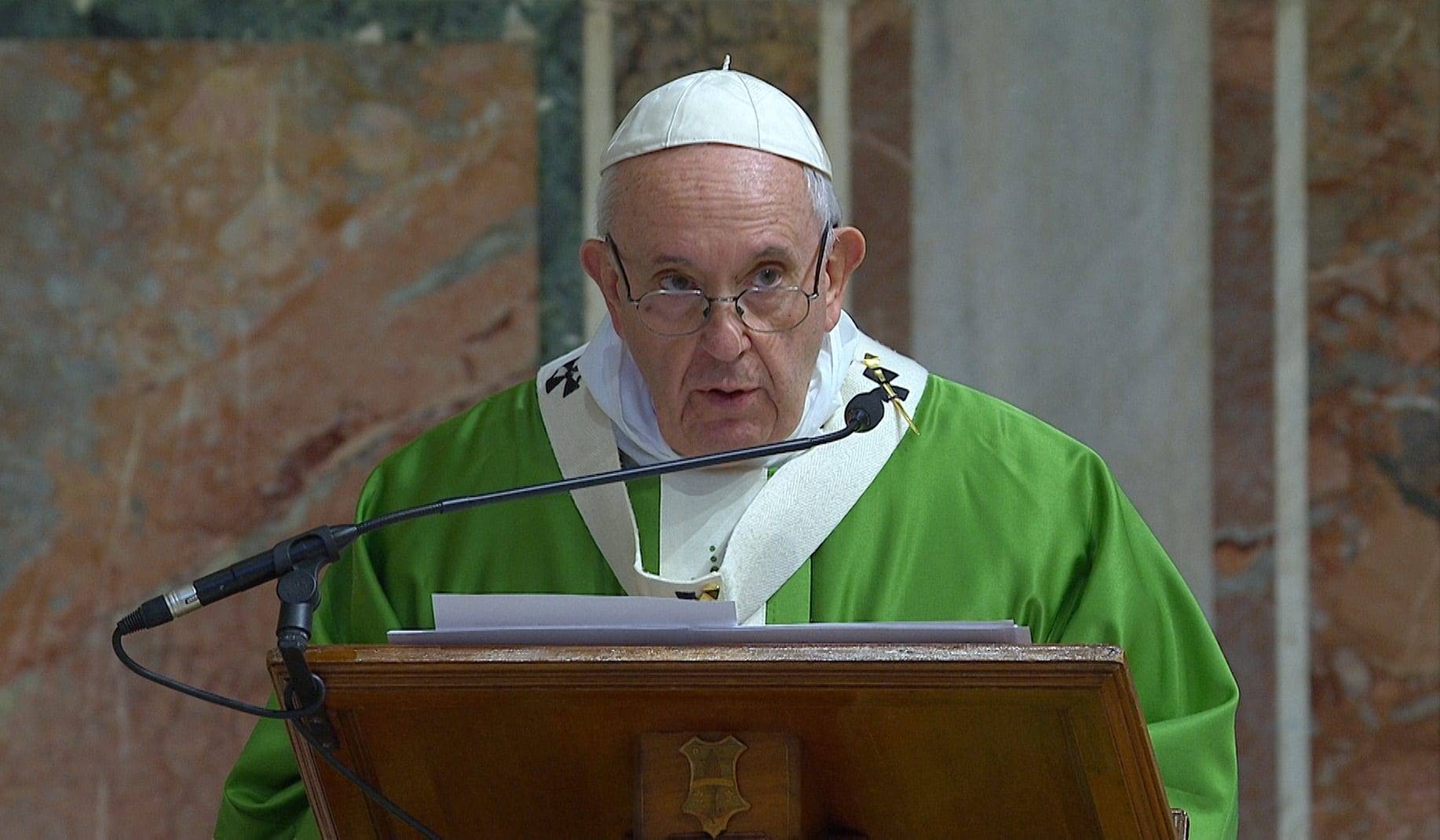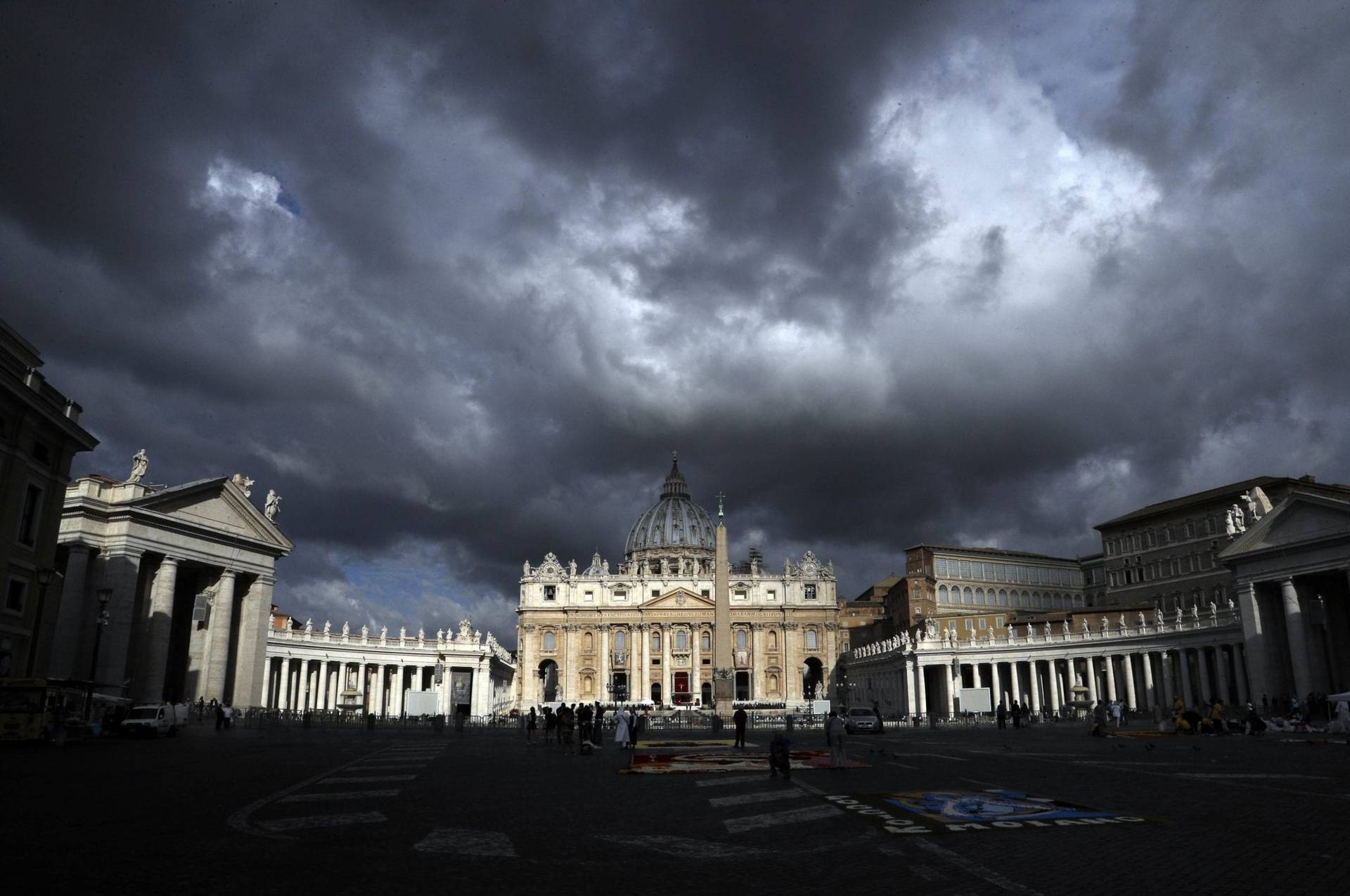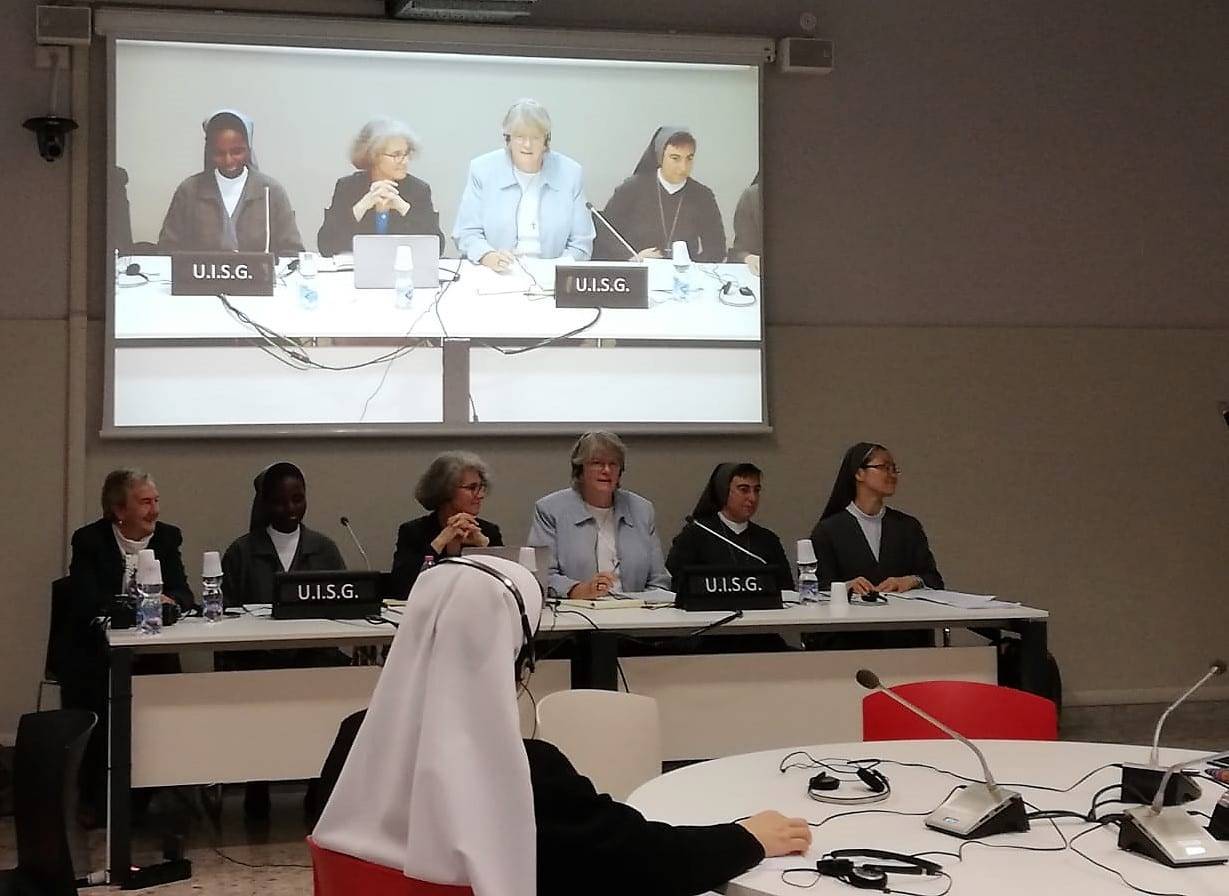ROME – Officially closing a month-long gathering of bishops on young people, Pope Francis on Sunday said that the Catholic Church cannot choose between “doctrine and activism,” as faith cannot be either “doctrinal formulae” nor be concerned with “activity alone.”
“We are called to carry out God’s work in God’s own way: in closeness, by cleaving to him, in communion with one another, alongside our brothers and sisters,” Francis said. “Closeness: that is the secret to communicating the heart of the faith, and not a secondary aspect.”
As an expression of that closeness, the pontiff proposed “the apostolate of the ear,” meaning “to listen before speaking.” Francis also rejected “recipes” and “labels,” saying encounter is more important than theory.
If faith is solely concerned with “doctrinal formulae,” the pontiff said, it risks “speaking only to the head without touching the heart.” On the opposite side, if it’s only concerned with activity, then it risks becoming “moralizing and social work.”
“Faith, instead, is life: it is living in the love of God who has changed our lives. We cannot choose between doctrine and activism,” he said. “It’s not Christian to wait for our brothers seeking something to knock on our doors.”
Francis’ words came during his homily at the Mass to mark the end of the Oct. 3-28 Synod of bishops on young people, faith and vocational discernment. Some 260 bishops from around the world came together in Rome, along with some 35 young people who didn’t vote in the final document presented Saturday evening.
RELATED: Synod urges ‘rigorous measures’ on abuse but stops short of ‘zero tolerance’
The pope’s homily turned on the Gospel reading of the day, from Mark.
On his way to Jerusalem, Jesus stops when he hears the plea of Bartimaeus, a blind beggar who was lying on the side of the road. Instead of sending one of his disciples, Jesus goes to him, asks what his needs are and listens to him, before performing a miracle that allowed the homeless man to regain his sight.
From this parable, the pontiff took two concepts as key on the journey of faith: “listening” and “being neighbors.”
On the first, Francis apologized to young people in the name of “all of us adults,” for the fact that “often we have not listened to you, if, instead of opening our hearts, we have filled your ears.”
“As Christ’s Church, we want to listen to you with love, certain of two things: that your lives are precious in God’s eyes, because God is young and loves young people, and that your lives are precious in our eyes too, and indeed necessary for moving forward,” he said, addressing not only the synod participants but also the thousands who had gathered in St. Peter’s Square despite the threatening sky.
Instead, being a neighbor, Francis said, means “bringing the newness of God into the lives of our brothers and sisters.” This serves as “an antidote to the temptation of easy answers and fast fixes.”
The pope then urged those present to ask themselves if, as Christians, they’re capable of stepping out of their circles and embracing those who are not “one of us,” those whom “God ardently seeks.”
“A temptation so often found in the Scriptures will always be there: the temptation to wash our hands,” he said, before exemplifying: “That is what the crowd does in today’s Gospel. It is what Cain did with Abel, and Pilate with Jesus: they washed their hands.”
Yet to imitate Jesus, Francis said, one has to “dirty our hands,” as He did when stopping to help Bartimaeus.
“Let us realize that the Lord has dirtied his hands for each one of us,” Francis said. “Let us look at the cross, start from there and remember that God became my neighbor in sin and death.”
Christ became “my neighbor,” and when, out of love for him those who follow him become neighbors they too bring new life, not as teachers or “specialists in the sacred, but witnesses of the love that saves.”
Many today, Francis, like the blind man on the side of the road are looking for “true love,” calling for Jesus and seeking life, but instead find empty promises and few actually care.
“It is not Christian to expect that our brothers and sisters who are seekers should have to knock on our doors; we ought to go out to them, bringing not ourselves but Jesus,” the pope said.
“How often do people feel the weight of our institutions more than the friendly presence of Jesus!” he continued. “In these cases, we act more like an NGO, a state-controlled agency, and not the community of the saved who dwell in the joy of the Lord.”
Bartimaeus’s faith, Francis said, had nothing to do with his “having clear ideas about God,” it was in his “seeking him and longing to encounter him.”
“Faith has to do with encounter, not theory. In encounter, Jesus passes by; in encounter, the heart of the Church beats. Then, not our preaching, but our witness of life will prove effective,” he said.
After the Mass was over, a letter addressed to the “young people of the world” was read out from the bishops taking part in the synod, in which they said the Church and the world “urgently need your enthusiasm.”
The bishops called on young people not to let the weaknesses, “frailties and sins” of leaders deter them or be an obstacle to their trust in the Church.
“The Church is your mother; she does not abandon you; she is ready to accompany you on new roads, on higher paths where the winds of the Spirit blow stronger – sweeping away the mists of indifference, superficiality and discouragement,” they wrote.
“Be sure to make the most fragile people, the poor and those wounded by life your traveling companions,” the bishops wrote. “You are the present; be a brighter future.”
The prelates also wrote that they are “familiar” with the joys and anguishes that make up the longings of youth, and wanted to tell young people that: “we wish to be sharers in your joy, so that your expectations may come to life. We are certain that with your enthusiasm for life, you will be ready to get involved so that your dreams may be realized and take shape in your history.”















